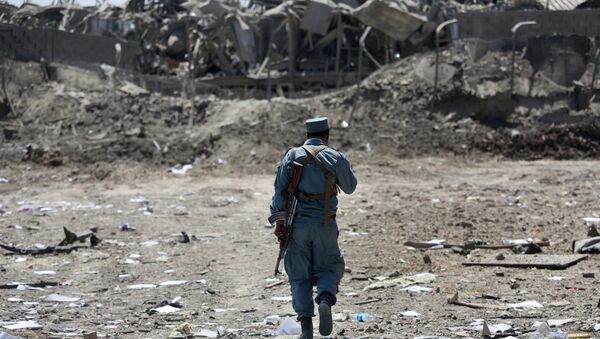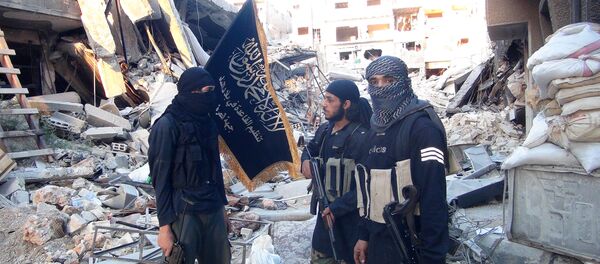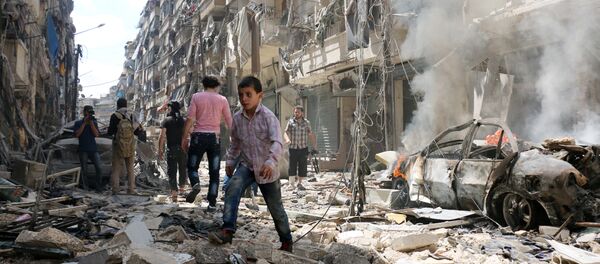The so-called 'war on terror' can now claim the current refugee crisis gripping Europe as yet another part of it's legacy, with hundreds of thousands of individuals and their families left displaced as a result of what appears to be never-ending conflicts. In the mean time, wider international interventions in conflict zones seem to suggest no lessons have been learned over the last 15 years and the death tolls just keep on rising.
An internationally themed conference took place in Central London on Saturday 8th October marking the 15 years of military intervention in Afghanistan and just the beginning of a broader quagmire in Central Asia and the Middle East. Organised by the 'Stop the War Coalition' who formed in 2001 as a prominent opposition group to the wars in the region.
The conference featured an array of prominent experts speaking throughout the day with workshops covering topics of 'War and Internationalism' all the way to issues of rising Racism and Islamophobia in the UK, wider Europe and across the wider world.
Labour leader Jeremy Corbyn was one of the special guest speakers at the conference and was introduced to the stage with an instant barrage of protest from a small section of the audience.
Corbyn left his position as STW Chairman after being elected leader of the UK Labour Party which is said to have revived the group's hope for the anti-war message resonating louder in UK Parliament.
Speaking about lessons to be learnt 15 years on from Afghanistan, Corbyn said:
"There has to be a political solution in Syria, and the STW group has been marching against war as a solution to any conflicts from the very start and shall continue to do so. 15 years later and what we are now advocating is the need for a change in attitude and mentality in wider Europe and the world. Politics can be done differently and those who oppose war are now more than ever, the majority voice everywhere, and not just in the UK."
On the humanitarian crisis in wider Europe and in countries such as Syria, Iraq and Yemen, Corbyn added:
"Refugees are the victims of the conflicts and the endless wars. They are not the cause. We will not solve the Refugee crisis with walls, opposition and hate. It requires us all to be compassionate and for us (the UK) to help the victims of war."
But far from providing benefit, the war on terror has made regions in the Middle East more volatile than ever and the rise of terrorist factions such as Daesh is just one of many consequences. Recent reports on the resurgence of Al-Qaeda's presence only further emphasizes the failure of international interventions.
Ben Griffin is a former soldier in the UK armed forces and spokesperson from Veterans for Peace Group. He provided his unique perspective during the conference which was met with a standing ovation by the audience:
"War is not the solution to the problems the world faces in the 21st century. If countries keep relying on aggressive military approaches to wider world issues, it will be more challenging to reach a place where diplomatic negotiations can occur ever sooner rather than later." he said.
15 years on, and in Afghanistan as a result of war, the life expectancy also keeps on lowering according to data from the Institute of Health Metrics and Evaluation. Over a million Afghans have left their homes to flee violence, and if they were lucky enough to survive the journey, many find themselves in refugee camps like in Calais alongside those also fleeing from Iraq, Libya and Syria. Life expectancy in the war zones keeps plummeting.
Terrorist attacks have now become more common than ever on the ground in the conflict zones in addition to being a major threat to the international community outside the theaters of war. Some would argue that the time for learning lessons has passed and the future very much will be reliant on a very different approach.





